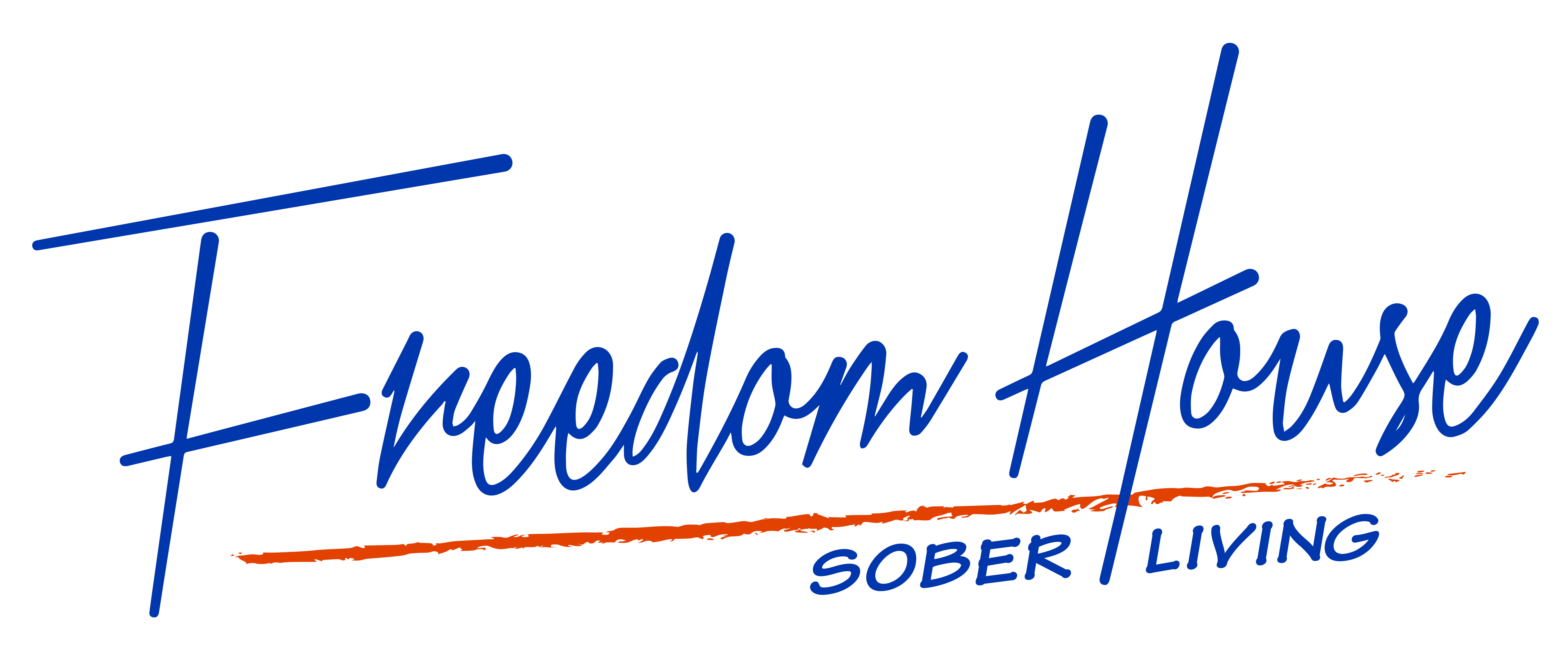Aftercare at Freedom House: Supporting Lifelong Recovery
Aftercare, or continuing care, plays a crucial role in the journey to recovery from substance use disorders.
At Freedom House, we view aftercare as an essential phase that supports the transition from intensive treatment to everyday life, offering a safety net during this critical period. Our aftercare programs are meticulously designed to maintain the progress made during treatment, provide a supportive community, and equip our clients with the tools they need for long-term success.
Benefits of Aftercare
- Sustained Recovery: Our aftercare services focus on reinforcing the positive changes and habits formed during the initial treatment phase, ensuring that recovery is not just achieved but maintained.
- Community Support: Connection with others who share similar experiences is vital. Our aftercare program offers a platform for building and nurturing these connections, fostering a supportive recovery community.
- Coping Skills Reinforcement: The coping strategies learned during rehab are vital for navigating life’s challenges post-treatment. Aftercare emphasizes the practical application of these skills to prevent relapse.
- Ongoing Support: Continuous engagement with Freedom House provides a comforting sense of support and accessibility to resources, allowing for timely intervention and adjustment of treatment plans if necessary.
- Focus on Strengths: We encourage a strengths-based approach in aftercare, highlighting and building on the achievements and progress made during recovery.
Goals of Aftercare
- Supporting Recovery: Tailored to each individual’s journey, our aftercare aims to support and enhance the recovery process.
- Monitoring and Adjustment: Regular check-ins allow us to monitor progress and adjust aftercare plans as needed, addressing any symptoms of co-occurring disorders.
- Comprehensive Support: Recognizing that recovery encompasses more than abstaining from substances, we provide holistic support, including assistance with medical, social, vocational, and legal challenges.
Transitional Housing
Transitional housing at Freedom House provides a structured, substance-free environment critical for early recovery stages. Features include:
- Health and Safety Monitoring: Ensuring the wellbeing of all residents.
- Community Support: Emphasizing peer support and involvement in 12-step or similar recovery programs.
- Balance of Structure and Independence: Residents adhere to a schedule while gradually resuming day-to-day activities outside the recovery environment
Recovery Support Groups
Support groups form an integral part of aftercare, offering a platform for shared experiences and mutual support. Options include traditional 12 Step programs like AA and NA, as well as secular alternatives like SMART Recovery and Secular Organizations for Sobriety (SOS).
Alumni Programs
Freedom House boasts an active alumni community, offering regular meetings and events that provide ongoing support, celebrate achievements, and maintain connections formed during treatment.
Continuation of Therapy
Post-rehab therapy is crucial for addressing underlying issues related to substance use and reinforcing coping strategies. Our aftercare includes access to various forms of therapy, accommodating individual, family, and group settings.
Aftercare: A Pillar of Recovery
Aftercare is not just a phase but a fundamental component of the recovery journey. It offers a framework for continued growth, learning, and adjustment, significantly contributing to a positive long-term outcome.
For more information on aftercare programs at Freedom House or to start the admissions process, please call us at 702-485-1300. Our team is here to guide you from the initial steps of recovery to a fulfilling, sober life.
Creating Your Aftercare Plan
Your aftercare plan is a personalized strategy, developed towards the end of your initial treatment phase, to support your specific needs post-rehab. It may include:
Family or Couples Counseling
For those navigating relationship challenges.
Sober Living
A supportive step for individuals transitioning from intensive treatment, especially those without a stable home environment.
Community Programs and 12-Step Meetings
Facilitating connection and mutual support among peers in recovery.
Individual Therapy
Continuing the therapeutic work begun during treatment.
Medication Management
If applicable, ensuring proper use of medications as part of a comprehensive recovery plan.
